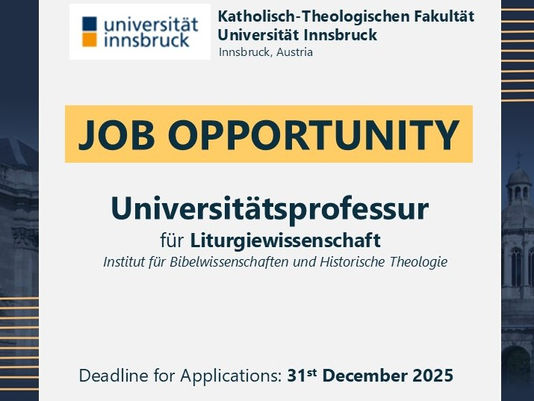INSeCT Members Attend the Dicastery for Culture and Education's International Congress on the Future of Theology
- nevenvukic
- Jun 21, 2025
- 2 min read
Updated: Jun 22, 2025

Rome, Italy — On December 9-10, 2024 participants of the INSeCT General Assembly took part in the International Congress, The Future of Theology: Legacy and Envisioning, organized by the Dicastery for Culture and Education at the Pontifical Lateran University. The congress commenced with a papal audience at the Vatican, where Pope Francis urged theologians to engage in a theology that challenges and reimagines ways of thinking. Furthermore, Pope Francis expressed his desire that theology be accessible to all. Read the full text of Pope Francis' Address here.
Several INSeCT members actively contributed to the discussions, with Ruben Mendoza, Nancy Pineda-Madrid, and Stephanie Ann Puen offering interventions and insights reflective of their regional contexts. Maeve Louise Heaney explored the role of music as an avenue for engaging with non-theological reasoning. Additionally, many INSeCT members played vital roles in the Conversations in the Spirit, serving as secretaries for their respective groups and as plenary reporters.
The International Congress was a profound, joyful, and Spirit-filled experience of being part of a global theological community. Participants deeply appreciated the effort to bring together theologians from different cultures of the world. The discussions prompted deep reflection on the role of theologians and the diverse concerns shaping theology today. The dialogue between theologians from various backgrounds was highly valued, fostering hope for theological change and Church reforms- a moment of metanoia in the Church. There was a shared realization that theology must engage in intercultural and interreligious dialogue and that theologizing should adapt to different perspectives. A common agreement emerged that theology should serve human dignity, addressing suffering and contemporary needs. Music, the arts, and other non-theological means were particularly highlighted as vital expressions that challenge traditional theological methods, offering new spaces for theological reflection and faith nourishment. The gathering also prompted an awakening to the realities of theological faculties in different contexts.
The experiences and insights gained from the International Congress provide several ideas for INSeCT to further strengthen its role as a global network of theological societies. One is the importance of thinking together and doing theology together, embracing the complexities and diversities that come with being a global organization.







![The Prophetic Voices of Women (Statement of the Indian Women Theologians Forum [IWTF] Meeting 2025)](https://static.wixstatic.com/media/28387e_275b1a8a5d664dfb8edfb0f70849c28c~mv2.jpg/v1/fill/w_980,h_735,al_c,q_85,usm_0.66_1.00_0.01,enc_avif,quality_auto/28387e_275b1a8a5d664dfb8edfb0f70849c28c~mv2.jpg)























Comments